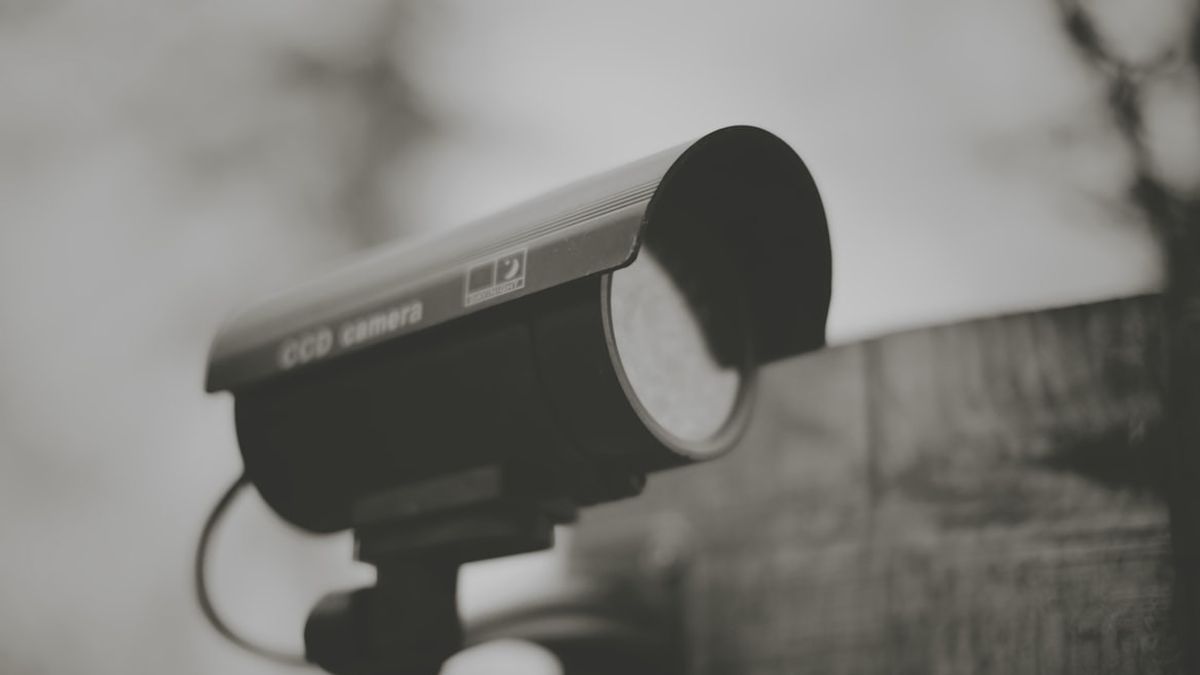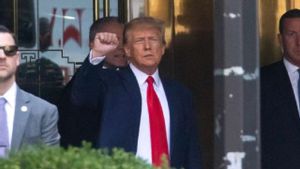JAKARTA - Today's facial recognition technology does not only function as a security system. Because the Israeli military uses this technology to track Palestinians.
The report stems from one former Israeli soldier who revealed to The Washington Post. He said the Israeli military deployed a facial recognition program to track Palestinians in the Israeli-occupied West Bank city of Hebron.
The technology called "Blue Wolf" takes photos of Palestinians using cell phones and stores them in a large-scale database. After the image is taken, Blue Wolf matches the image with someone in its database.
Then soldiers will mark it with a certain color that indicates if that person should be arrested, detained, or left alone for not disturbing. The report also states that the Israeli army has filled its database with thousands of pictures of Palestinians over the past two years, and even held a competition that rewards soldiers for taking the most photos of people.
Compiled from The Verge, Tuesday, November 9, the database is basically "Facebook for Palestine," said one former soldier. In addition, the Israeli military has also installed cameras throughout the city of Hebron that scan the faces of Palestinians and identify them for soldiers at checkpoints.
Meanwhile, a series of CCTV cameras, some of which are aimed at people's homes, provide 24/7 live monitoring. The former soldier was told by the military that a surveillance system was in place to prevent terrorist acts.
For information, the largest city in the West Bank, Hebron, has witnessed a bitter and prolonged conflict between Israelis and Palestinians. Most of the city is administered directly by the Israeli military, which imposes a curfew and other restrictions on movement of local residents.
The security measures they implement are also extreme because their facial recognition system is very worrying. “I wouldn't feel comfortable if they used it in a mall in my hometown, just think of it that way. People are worried about fingerprints, but this has been a number of times," said the former soldier.
A number of similar systems are also implemented in other countries, and all of them are controversial. China is developing a facial recognition system to monitor its minority Uyghur population, although it is unclear how widely the system is used.
Moscow recently added a facial recognition payment system to hundreds of bus stations, while the UK launched a similar facial scanning payment system for schoolchildren to pay for lunch, although it was eventually phased out again.
The English, Chinese, Japanese, Arabic, and French versions are automatically generated by the AI. So there may still be inaccuracies in translating, please always see Indonesian as our main language. (system supported by DigitalSiber.id)








